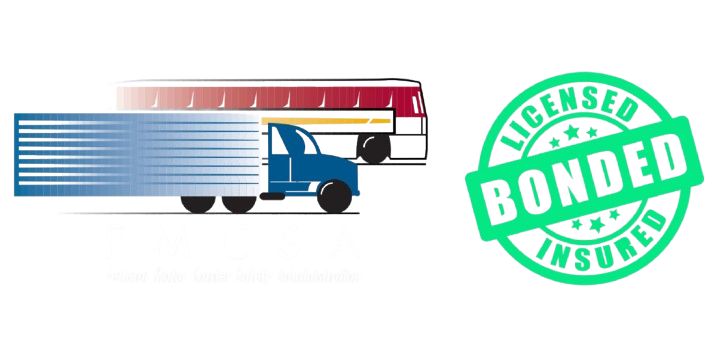California Auto Transport Laws Key Things to Know Before Shipping
Transporting a car in California requires understanding the legalities to ensure a smooth process. This guide outlines crucial laws for auto transport in California, helping you avoid issues.
Understanding Auto Transport in California
California’s robust auto transport industry handles thousands of vehicles daily. While car transport is accessible to residents and businesses, legal guidelines aim to secure cars in transit. Knowing these rules prevents potential fines or delays.
-
Licensing and Registration Requirements
Verify that your chosen car transport company in USA holds valid licenses and registrations. The Federal Motor Carrier Safety Administration (FMCSA) mandates auto transporters to have a Motor Carrier (MC) number and a Department of Transportation (DOT) registration. California also requires auto transport companies to register with the California Public Utilities Commission (CPUC), ensuring adherence to state safety and operational standards. Always check that your chosen transporter meets these requirements.
-
Insurance Coverage for Auto Transport
Insurance is essential for any reputable auto transport company. They must have liability and cargo insurance to cover damages or theft. Before shipping, request the company’s insurance certificate to confirm it meets your needs. Consider additional insurance if transporting a high-value or customized car. Understanding the insurance terms helps ensure peace of mind during transit.
-
Emissions Regulations
California’s stringent emissions standards apply to all incoming vehicles. If your car originates from another state, it must meet California Air Resources Board (CARB) requirements. Non-compliant vehicles risk registration denial and hefty fines. Address any emissions requirements before transport, as some car transport companies may request proof of compliance.
-
Weight and Size Restrictions
California enforces weight and size limits on transported vehicles for road safety. If shipping a large vehicle like an RV or truck, discuss size regulations with your transporter. Oversized vehicles may require additional permits or specific arrangements, which could increase costs.
-
Preparing Your Vehicle for Shipping
Before shipping, ensure your vehicle complies with specific legal guidelines. Transporting personal items inside the car during interstate shipping is prohibited. Violating this rule risks fines or damage, which the transport company’s insurance doesn’t cover. Your vehicle must also be operational, with working brakes and steering. Notify the transporter if your car is non-running, as special equipment may be needed.
-
Contracts and Documentation
When hiring an auto transport company, sign a detailed contract outlining pickup and delivery dates, fees, and liability limits. California law mandates transparency on these details, which must be included in the contract. Present the transporter with your car’s registration, insurance, and a bill of lading. This document serves as a receipt and notes the car’s condition before and after transport, safeguarding your rights.
-
Delivery and Inspection
Upon delivery, inspect your vehicle for damage before signing the final trip sheet or bill of lading. Most companies require a signature to confirm the car’s condition upon delivery. Document any damage before signing to protect your rights for a claim.
Conclusion
Navigating California’s auto transport regulations requires awareness, but following these guidelines ensures a hassle-free experience. Key legal considerations include verifying the company’s license, insurance, and emissions compliance. Research and preparation guarantee a safe and compliant car shipping services in California, ensuring your vehicle arrives without issues.



